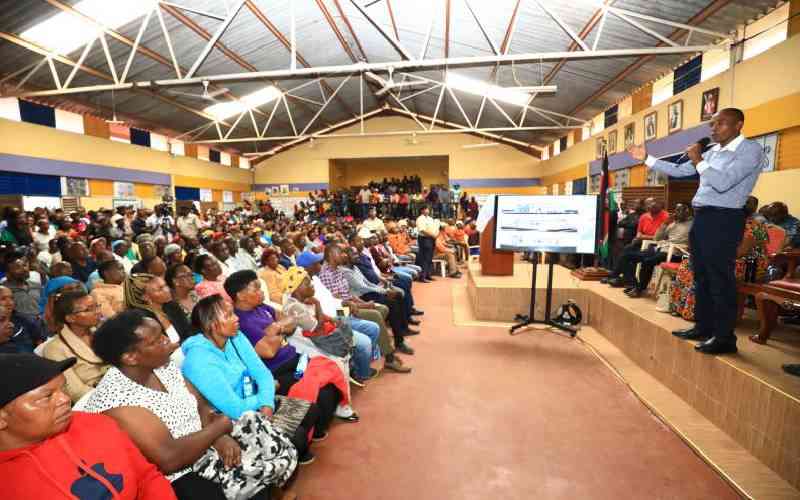×
The Standard e-Paper
Stay Informed, Even Offline

The public outrage that has forced the government to rethink the controversial law allowing the Kenya Revenue Authority to tax farm produce, is an indictment on the charade that is public participation in government decision-making.
Deputy President Rigathi Gachagua revealed over the weekend that he had spoken to the President and the Treasury CS about the tax and that it would be reviewed.